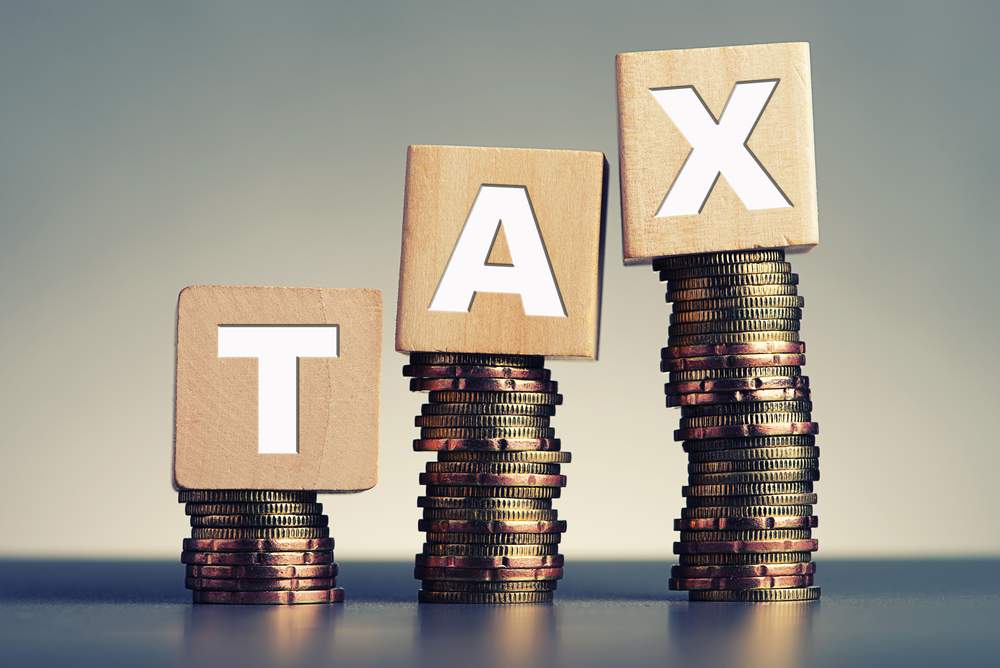

In the United States, any money you win from gambling, in any form, is subject to income tax. The IRS refers to gambling winnings as simply “taxable income” along with the fair market value of any non-monetary prizes you receive. This means that if you win a brand-new car at a casino during a holiday in Atlantic City or a holiday cruise through an online casino, these perks are taxable based on what they are worth.
According to the IRS, they consider gambling income as winnings earned from more than just card games and casinos. They also mean winnings from lotteries, game shows, racetracks, and even bingo (in some cases). Because the IRS has implemented specific rules governing gambling income, gamblers are expected to maintain careful record keeping of winnings and losses. This is because if you itemize your deductions at tax time, you may be able to deduct gambling losses. Winnings or losses resulting from gambling activity are usually reported on either Form W-2G or Form 5754 of your tax return.
More on Taxable Gambling Income
The amount you win through gambling will determine which form you must file with your income tax, said an expert from agamble.com, an online website about legal online gambling. To receive a Form W-2G, your winnings must total one of the following examples:
- Bingo or slot machine winnings of $1,200 or more
- Keno winnings (less your bet amount) of $1,500 or more
- Poker winnings (less your bet amount or buy-in price) of $5,000 or more
- Horse racing winnings of $600 or more or at least 300 times the wager amount
Typically, Form W-2G will be sent to you by January 31 in the year following the one you collected gambling winnings. The issuer of the form will normally withhold a flat tax rate of 24% on your total winnings. You still have to report any of your gambling winnings even if you do not receive Form W-2G. This is why you should keep detailed records of your gambling winnings and losses during the year.
What Is Considered Gambling Winnings
Gambling winnings include cash prizes and non-monetary prizes collected through gaming activity from the following sources:
- Betting Pools
- Bingo
- Casinos
- Dog Races
- Game Shows
- Horse Races
- Keno
- Lotteries
- Off-Track Betting
- Online Casinos
- Poker Tournaments
- Raffles
- Slot Machines
- Sweepstakes
There are a few exceptions. In the case of gambling winnings collected from bingo, keno, and slot machines, they may not be subject to tax withholding. This is dependent on meeting specific requirements. One example is providing the payer with the social security number of the payee to skip past the withholding requirement.
Income Tax Withholding and Non-Cash Prizes
Although gambling winnings are usually subject to a flat tax of 24%, there are a few sources of these winnings where income tax withholding occurs. They include:
- Gambling winnings of over $5,000 in a sweepstakes, lottery, or wagering pool
- Gambling winnings of over $5,000 in any other wager (if winnings are 300 times the bet or more)
It is important to note that state taxes for gambling winnings vary from state to state. Some have a flat tax rate and others have more complex guidelines.
As for non-cash prizes (for example, a new car a cruise, or a holiday vacation package), you will have to pay taxes but the amount is determined by the fair market value of each prize. A withholding tax may also be applied to that prize. It depends on the value of the prize, and the type of gambling that won you the prize. The withholding tax is usually 24%.
Small Winnings From Scratch Cards
According to the IRS, any money earned through gambling activity is considered taxable income. This includes the $20 win you just made on a scratch card. However, if you paid $5 for tickets and won $20 total, you only have to claim the difference between what you paid and what you won so in this case, you would claim winnings of $15.
Claiming Gambling Losses
Provided you itemize your deductions, you can deduct gambling losses. There is a limit, however. The total amount of losses you are permitted to deduct must not exceed the amount of your total winnings. Because gambling winnings and losses are usually reported separately, the losses go into Schedule A and are a miscellaneous dedication. This way, your gambling losses are not subject to a 2% limit. In other words, this lets you deduct losses up to the total of your winnings instead of just the 2% total over your adjusted gross income total.
What Gambling Records Are Needed
As stated above, you must record details of all gambling activity during the year. This includes detailed records of winnings and losses with supporting documents such as receipts, tickets, statements, payment slips, and Form W-2G. If you plan to deduct your gambling losses, you have to have evidence to prove both the amount you won and lost over the year.
The best way to do this is with a gambling log, as recommended by the IRS. The gambling log should include the following information:
- Date(s) of gambling activity
- Type of gambling activity
- Name and address of the event gambling establishment or online casino website
- Names of others there with you during the gambling activity
- Amount of winnings and losses
What About Professional Gamblers?
If you are a professional gambler, your gambling winnings are considered your regular earned income. It would then be taxed as it would if you earned the income from a job or career. You would be considered an self-employed individual and all regular income tax procedures would apply.
Final Thoughts
Whether you gamble at a brick-and-mortar casino, buy lottery tickets, visit online casinos, participate in sports betting, visit the racetrack from time to time, buy sweepstakes tickets, play bingo or keno, whatever you win from your gambling activities is considered taxable income. You must keep detailed records of both your winnings and losses if you plan to deduct your losses. Otherwise, you will have to list your gambling winnings as a source of income. That is how the IRS looks at gambling and if you participate, you should claim winnings at tax time.



